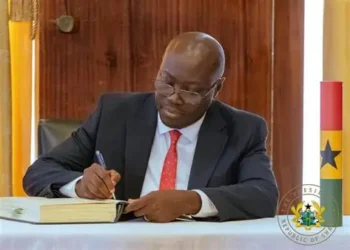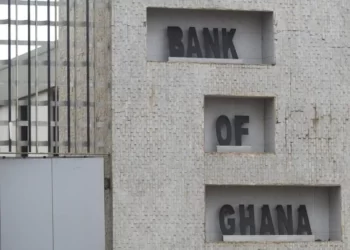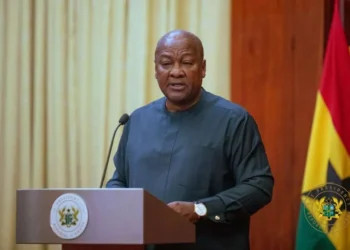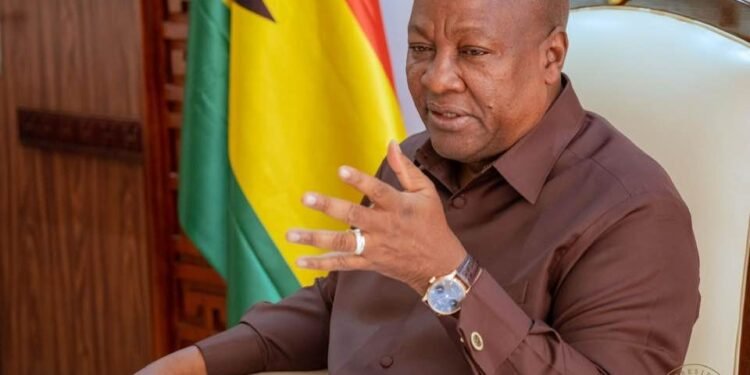Ghana’s economy is projected to finish 2025 on a stronger footing, as Fitch Solutions upgrades its growth forecast to 4.9%, up from an earlier estimate of 4.2%.
The revision follows a robust performance in the first quarter of the year, driven by resilient agricultural output, a stronger cedi, and easing inflationary pressures.
In its September 2025 Monthly Outlook, the UK-based research firm said the Ghanaian economy had shown remarkable resilience despite ongoing fiscal challenges and a slowdown in oil production. Fitch credited improved macroeconomic stability—especially lower inflation and exchange rate strength—for driving renewed business confidence and consumer spending.
“We have revised our 2025 real GDP growth forecast for Ghana from 4.2% to 4.9%, following a stronger-than-expected Q1 outturn of 5.3% year-on-year, underpinned by improved agricultural outputs.”
Fitch
Agriculture Powers Ghana’s Growth Momentum
According to data from the Ghana Statistical Service (GSS), the country’s agricultural sector remains the backbone of the economy, expanding by 8.0% in July 2025, up sharply from 2.4% recorded in the same period of 2024. The rebound has been fueled by favorable weather conditions, increased mechanization, and sustained government investment in food security initiatives.
This resurgence in agriculture has provided a significant cushion for the economy, even as the industrial and services sectors face headwinds from high interest rates and tighter fiscal policies. Fitch observed that agriculture’s strong showing helped offset the slowdown in other sectors and would continue to support overall GDP growth in the coming quarters.
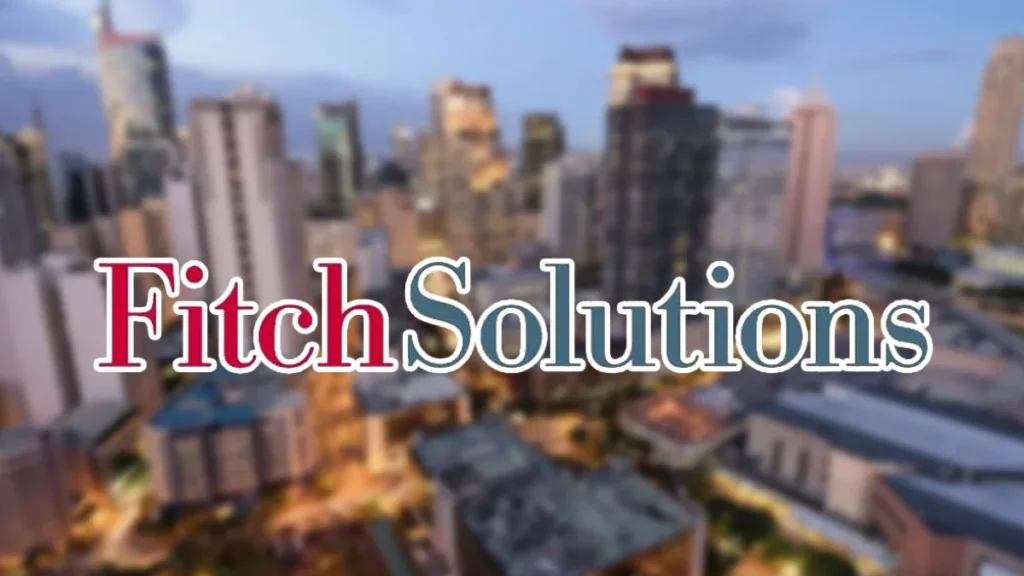
Inflation Hits 4-Year Low as Cedi Holds Firm
Fitch Solutions also highlighted a major turning point in Ghana’s inflation trajectory. Inflation eased to 11.5% in August 2025, marking the lowest level in four years. The firm projects inflation to fall further to 8.0% by the end of 2025, supported by stable energy prices and a relatively strong cedi.
“A relatively strong cedi and subdued global energy prices will support consumer confidence and private consumption,” Fitch explained.
The Bank of Ghana’s prudent monetary policies and effective forex management have been instrumental in curbing inflationary pressures and restoring confidence in the local currency. Analysts believe that the central bank’s measured approach—balancing inflation control with growth support—has begun to yield tangible economic benefits.
Fiscal Discipline Still a Concern
Despite the upbeat outlook, Fitch cautioned that challenges remain, particularly around fiscal consolidation and debt sustainability. The government’s ongoing efforts to maintain fiscal discipline under the International Monetary Fund (IMF) programme have constrained public spending, limiting the pace of recovery in some sectors.
High interest rates and a plateau in oil production are also expected to temper growth momentum in the medium term. However, Fitch maintains that Ghana’s macroeconomic fundamentals are improving, with signs of stability in the external sector and renewed investor confidence in the domestic market.
2026 Outlook: Growth Momentum to Continue
In intervening time, Fitch Solutions expects Ghana’s growth momentum to remain strong into 2026, forecasting a 5.0% GDP expansion. The projection is anchored on lower inflation, gradual monetary easing, and increased government spending as the IMF programme concludes.
Historically, the end of IMF support has been followed by a degree of fiscal slippage; however, analysts believe that lessons from past experiences and stronger fiscal frameworks could help Ghana sustain its post-programme growth trajectory.
“In 2026, we expect growth to remain robust at 5.0%, driven by lower inflation, monetary easing, and a likely uptick in public spending as Ghana’s IMF programme concludes,” the Fitch report stated.
The improved economic outlook is expected to boost both domestic and foreign investor confidence. With inflation trending down and the cedi stabilizing, businesses are likely to experience better cost predictability, while consumers enjoy increased purchasing power.
Financial analysts believe Ghana’s commitment to reforms under the IMF programme, coupled with Fitch’s optimistic projections, sends a strong signal to global markets that the country is on a sustainable recovery path. As Ghana approaches 2026, the challenge will be to sustain growth without compromising fiscal stability.




